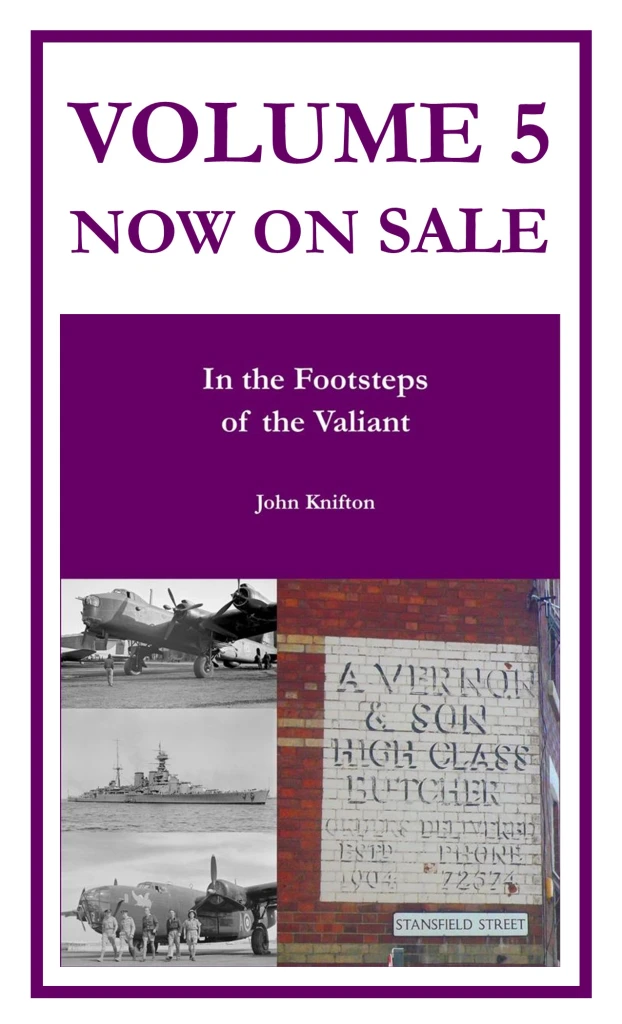This is the fourth, and final, round of my Grandfather, Will’s, tales about his life in the First World War.
The pinnacle, or perhaps, nadir, of Will’s relationship with the upper classes came when he was given an officer’s beloved horse to look after. This was the kind of thing:

In the stable, the highly strung beast decided it would kick Will, very hard and very painfully. Will, however, was not a man to take things lying down, so he took a run up, rather like a football goalkeeper about to take a goal kick, and kicked the animal very, very hard in the testicles. This would have been honours even, perhaps, but unfortunately, the officer had just returned to the stable to see how his pride and joy was faring, and was actually standing right behind Will as he did the evil deed.
For his crimes, Will was charged, court martialled, found guilty, and given Field Punishment Number One, which consisted of being handcuffed, fettered and then tied to a gun carriage wheel for twenty-four hours. This picture is the closest fit I could find:

In similar vein, I remember as a teenager, talking to another veteran, an old man who used to spend all day, every day, sitting on the bench seat, watching the traffic go around the Tollgate roundabout in our small mining village, Woodville. This man had been gravely wounded on July 1st 1916, the first day of the Battle of the Somme. When a shell went off in that disastrous attack, he had been knocked unconscious, coming round to find that he had lost both of his legs in the explosion.
Luckily for him, as he acknowledged later, he was found by the Germans, who saved his life. He was always to say that the levels of care among the German forces were so much better than those in the British Army, where the officers’ horses tended to be better looked after than the men. This is a German military hospital:

Much to my very great regret, I have forgotten the name of this man, but I will never forget the bitterness or the truth of his words. Sharply resentful, he told me how every day, for almost sixty years, he had no choice but to put on his two artificial legs. He began with leather straps under each groin, and then the large strap around his waist. Then came more straps over both of his shoulders.
Even after all these years, he had persistent sores wherever the rough leather rubbed into his skin, particularly on his shoulders, and the poor man was in constant pain. Many people in Woodville thought that he was just a moaner, but he had a lot to moan about. Like my grandfather, he was not much of a fan of Field Marshall Haig either.
At the end of the Great War, Will returned from France directly to Woodville, and the life he had known before he emigrated to the New World. He went back to his church in Church Gresley, where everyone was delighted to see him. So much so, in fact, that they presented him with his own copy of “The Methodist Hymn Book”
Inside the front cover, it was inscribed…
“Wesleyan Church, Church Gresley
Presented to Mr.W.H.Knifton as a token of gratitude to God for his preservation while on Active Service during the Great War, and as a momento of the hearty good
feeling with which he is welcomed on his return.
On behalf of the Church and Sunday School,
L.GREGSON
W.WILTON
A.DYTHAM ”
Will never seemed to suffer from Post Traumatic Stress Disorder, but the war certainly affected some aspects of his thoughts and behaviour. In the trenches, for example, there was a seemingly permanent shortage of sugar. For this reason, long years after the conflict had finished, Will would never fail to celebrate the existence of the delectable white powder. If you visited him and he made you a cup of tea, he would normally put between six to eight spoons full of sugar in it, and even when there were objections, nobody ever escaped with fewer than four spoons full.
Another fear which Will brought back from the trenches, beyond that of running out of sugar, was the much more real one of rats. There were certainly plenty of them about. Here is a French military ratcatcher, “un dératiseur” and his dog:

Will knew very well that besides an entire suite of unpleasant, and occasionally sickening, behaviours, rats carried Weil’s Disease, an ailment which even now, as I write, has no known cure. In 1941, during his ab initio training for the RAF, Fred was to experience the same fear as his father had known twenty or so years previously, as rats, bold and unafraid, ran over his chest and feet as he camped out in the winter woods.
Incidentally, a lot of people nowadays want to think that the First World War was a “war for democracy”. It wasn’t. It was a war for power and empire. Just to knock the democracy idea firmly on the head , the figures I found on the Internet were that 7,694,741 people were eligible to vote in 1914. The population of the United Kingdom and its colony of Ireland was approximately 46 million. That is 16.72 percent who were able to vote. And who do you think did most of the fighting? The 16% or the 84%?

































